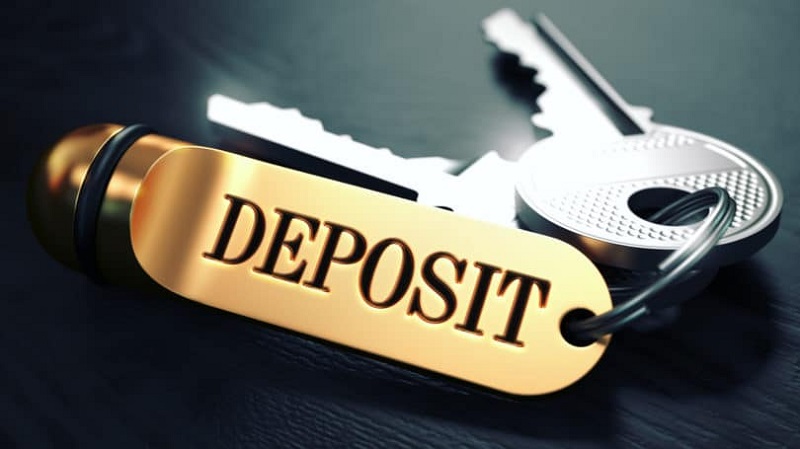
Along with the first month’s rent, a landlord collects a security deposit for apartment. Collecting a security deposit from the tenant can protect the landlord in case of damage to the rental property or if the tenant suddenly leaves without paying the rent of that specific month. While every state has its own rules, all enable you the collection of one month’s rent at least.
1. Deposit Limit As Per The State
Security deposits are allowed in all states. However, the maximum limit varies by area. Some states, like Texas and Illinois, allow unlimited collection. Landlords can charge renters up to three months’ rent in some states. Knowing the law is crucial, but so is understanding the market of the region. By setting a security deposit for twomonths, you risk alienating prospective tenants who are used to paying a one-month warranty. Longer vacancies will cost you more than meeting the market’s reduced security deposit requirements.
2. Due Date Of The Deposit
Ensure that you collect the security money before the moving-in of the tenant. If the tenant cannot pay the whole sum at once, the contract can be canceled and the rental rented to another tenant who has been screened.
3. Deposit Holding Option
According to several states, each deposit must be in an account bearing interest. Your tenant may additionally request a receipt for the security depositfor apartment 30 days after move-in. The ticket must show the depositor’s bank and theinterest rate annually.
4. Deposit Refund Options
Every state has various laws about how landlords must repay security deposits for apartments or justify retaining them. Some allow 15 days within the lease end. In comparison, others allow 30 days foreither returning the deposit or to notify the renter in writing.
5. Keeping Deposit
Security deposit protects landlords from a tenant breaking the lease. Although you can sue the tenant for money owing, collecting the money can be challenging even if you win the case. Security deposits can cushion the loss of income.
What To Do In Case Of Unpaid Bills Or Rent?
The landlord reserves the right to keep a certain sum of the security deposit as “Reasonable” cleaning expenditures to restore the apartment to its pre-tenancy cleanliness
In case the tenant failed to replace, repair, or return any of the personal property that belonged to the landlord.
The tenant or the guest has caused damage to the rental unit beyond any regular damage.








